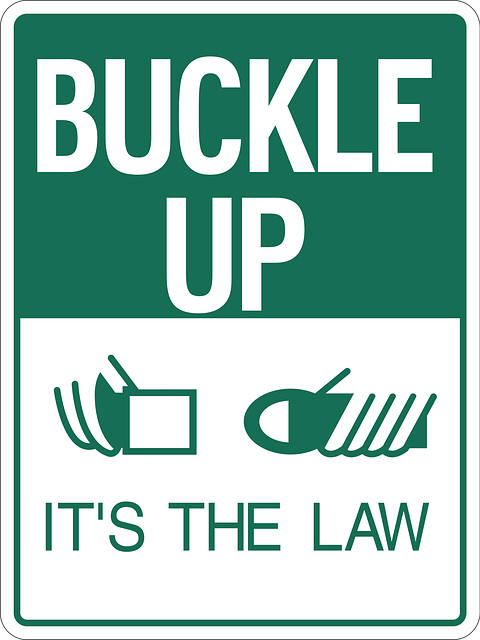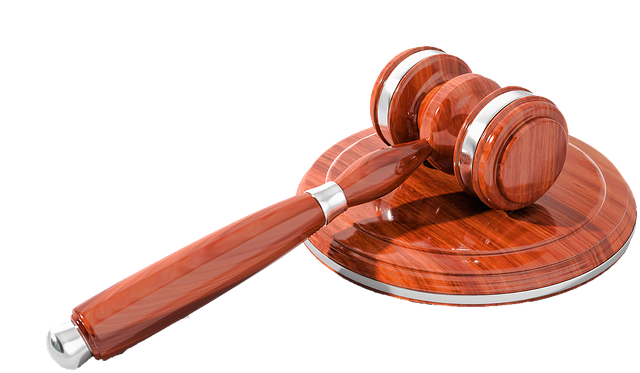TL;DR: Preparation Tips for Administrative Law Hearings in Environmental Crime Trials
Environmental crime trials, governed by administrative law, demand meticulous preparation. Key tips include thorough document review, expert identification, and strategic evidence management to navigate complex regulations. Prosecutors focus on robust evidence, while defense teams challenge its admissibility. Effective communication strategies are crucial. Document organization, focusing on good-faith compliance efforts, can lead to charge dismissal, protecting the accused entity's reputation and financial stability. Successful preparation tactics secure winning verdicts by showcasing a deep understanding of legal theory and practical application in administrative law hearings.
“Environmental Crime Trials: Navigating Legal Complexities and Ensuring Justice explores the critical issue of environmental crimes and the unique challenges they present. This article delves into the intricate legal framework surrounding these cases, providing a comprehensive guide for prosecutors and defense teams alike. From understanding key evidence requirements to mastering preparation tips for administrative law hearings, it offers essential insights for successful case presentation. By examining these strategies, we aim to enhance environmental justice and equip professionals with the tools to tackle these complex, real-world issues.”
- Understanding Environmental Crime Trials: A Legal Framework
- Preparation Essentials for Prosecutors and Defense Teams
- Key Evidence and Documentation Requirements
- Effective Strategies for Presenting Cases in Administrative Law Hearings
Understanding Environmental Crime Trials: A Legal Framework

Environmental Crime Trials are a unique legal domain that requires a specific and robust framework to ensure justice. These trials involve complex issues related to environmental protection and conservation, often with significant economic implications for businesses and individuals. The process is typically governed by administrative law, which mandates structured hearings to address violations of environmental regulations.
Preparation for these hearings is akin to preparing for white-collar defense in high-stakes cases. It demands a deep understanding of the respective business operations and their potential environmental impact. Companies facing such trials should assemble legal teams equipped to navigate the intricate laws and regulations. Effective preparation tips include meticulous document review, identifying relevant experts, and developing strategies to challenge or support evidence presented during the administrative law hearings. This strategic approach is crucial in managing the complexities of environmental crime cases and achieving favorable outcomes for businesses facing these challenging charges.
Preparation Essentials for Prosecutors and Defense Teams

Preparing for Environmental Crime Trials requires a meticulous approach from both prosecutors and defense teams. Key preparation tips for Administrative Law Hearings include a deep understanding of the relevant environmental regulations and their intricate details. Both sides must thoroughly review case law related to environmental crimes, as precedent can significantly shape the outcome.
Beyond legal expertise, building an unprecedented track record of success in similar cases is invaluable. Prosecutors should focus on gathering robust evidence, including scientific reports and expert testimony, while defense teams should prepare compelling arguments that challenge the admissibility and weight of such evidence. A strong case strategy, combining thorough research with effective communication, will be crucial to navigating these complex hearings, especially when dealing with white collar defense strategies.
Key Evidence and Documentation Requirements

In Environmental Crime Trials, preparing for key evidence presentation is paramount. Documentation plays a crucial role in establishing the facts and context surrounding alleged violations. For administrative law hearings, focusing on detailed records related to operational procedures, environmental impact assessments, and compliance reports can significantly strengthen one’s defense strategy. These documents serve as critical tools for both prosecutors and defendants, offering insights into the accused entity’s adherence to environmental regulations.
Effective preparation tips for these hearings involve meticulously organizing all relevant records, including those related to white collar and economic crimes. A robust white collar defense strategy may hinge on demonstrating good faith efforts to comply with environmental laws. Through comprehensive documentation, it becomes possible to achieve a complete dismissal of all charges, ensuring the accused entity’s reputation and financial stability are protected.
Effective Strategies for Presenting Cases in Administrative Law Hearings

Preparing for Administrative Law Hearings requires a strategic approach to effectively present cases and achieve favorable outcomes. One key strategy is meticulous preparation tips for administrative law hearings. This includes thoroughly reviewing all relevant documents, regulations, and legal precedents that may be invoked during the hearing. For his clients, this involves understanding their rights and obligations while navigating complex administrative processes.
Additionally, crafting a compelling narrative that highlights the facts, evidence, and applicable laws is essential. Presenting clear, concise arguments tailored to the specific administrative body can significantly impact the outcome. Across the country, successful lawyers have employed these tactics to secure winning challenging defense verdicts by demonstrating a deep understanding of both legal theory and practical application in administrative law hearings.
Environmental crime trials require a meticulous approach, especially when presenting cases in administrative law hearings. By understanding the legal framework, preparing thoroughly with essential documentation, and employing effective strategies, prosecutors and defense teams can navigate these complex cases successfully. With proper preparation tips for administrative law hearings, these trials become opportunities to uphold environmental justice and ensure accountability.






